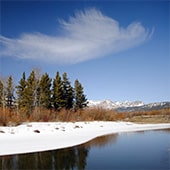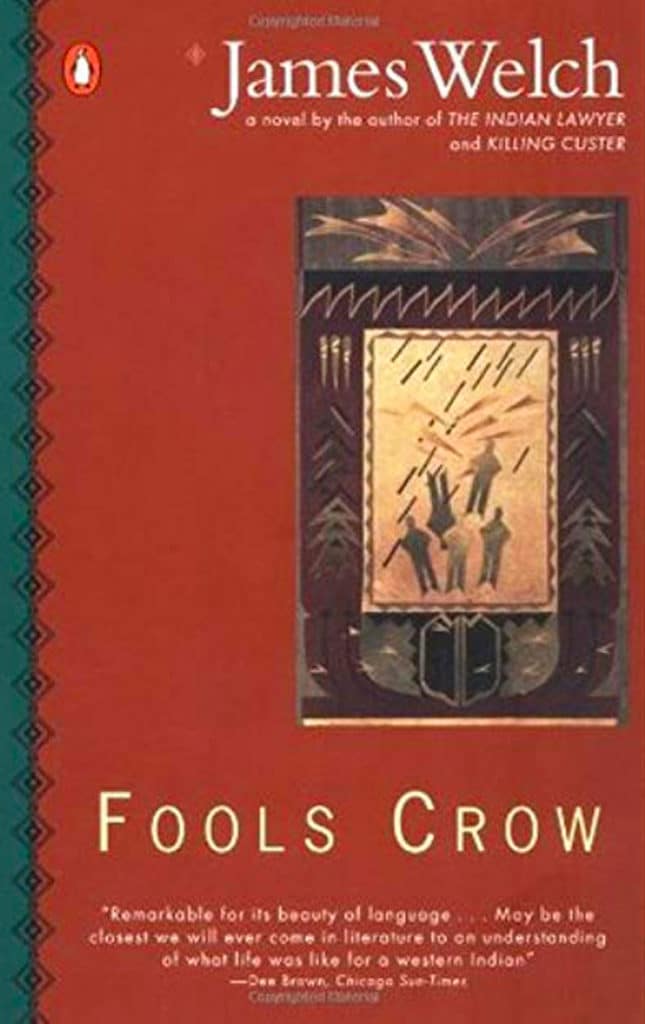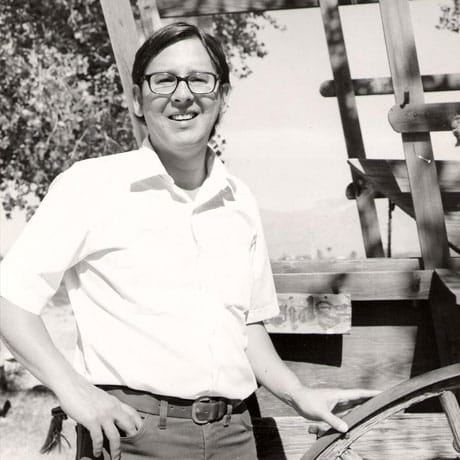About the Book
Fools Crow
Fools Crow tells the story of a young Pikuni man coming of age against the backdrop of increasing conflict with white Americans. While Fools Crow grows in stature as a warrior and medicine man, the Pikuni face threats from conflict with the U.S. military, smallpox, and internal divisions over how to treat the invaders. The novel culminates with the massacre on the Marias (Bear) River in 1870, yet it concludes with belief in the power of stories to sustain a people in the face of such violence.
Welch’s surrealistic, moving novel, Winter in the Blood, was recently made into a movie by Alex and Andrew Smith, filmed on Montana’s Hi-Line and featuring Native American actors.
While the settings in Fools Crow clearly reference actual locales, it is understood that the book—including its places—is ultimately the product of the author’s imagination. The intent of this literary map is to enrich the reading experience by interpreting those places, not to render them literally or definitively.



